When Kids Can’t Read: Word Attack Skills for Struggling Readers [presentation] [video]
In this community education session for educators, Lisa Parnello discusses how to identify a student with word attack struggles and offers helpful strategies that can make them a more successful reader. This class includes easy-to-implement methods to help students with and without learning differences to become better readers. Read more ›
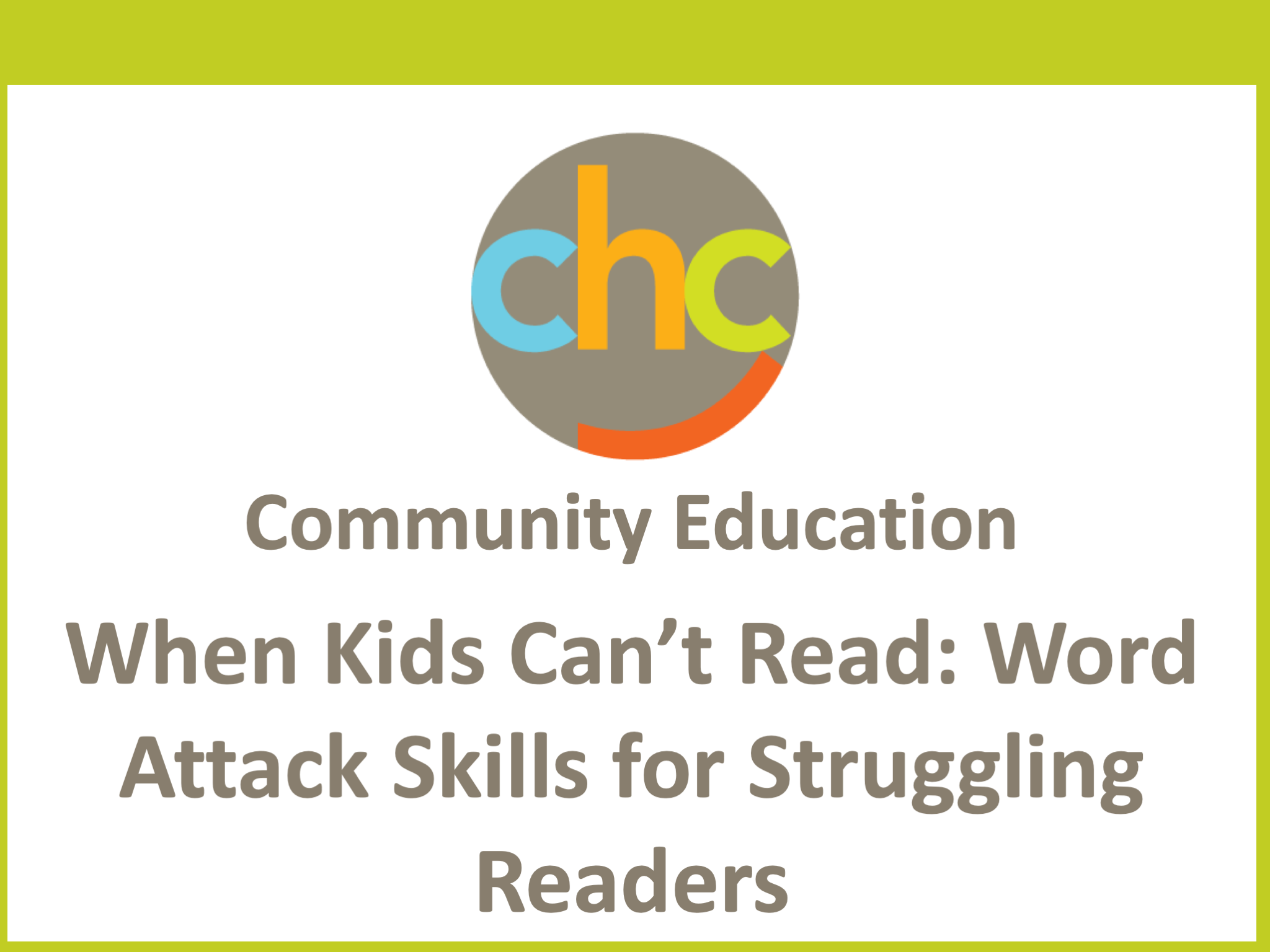
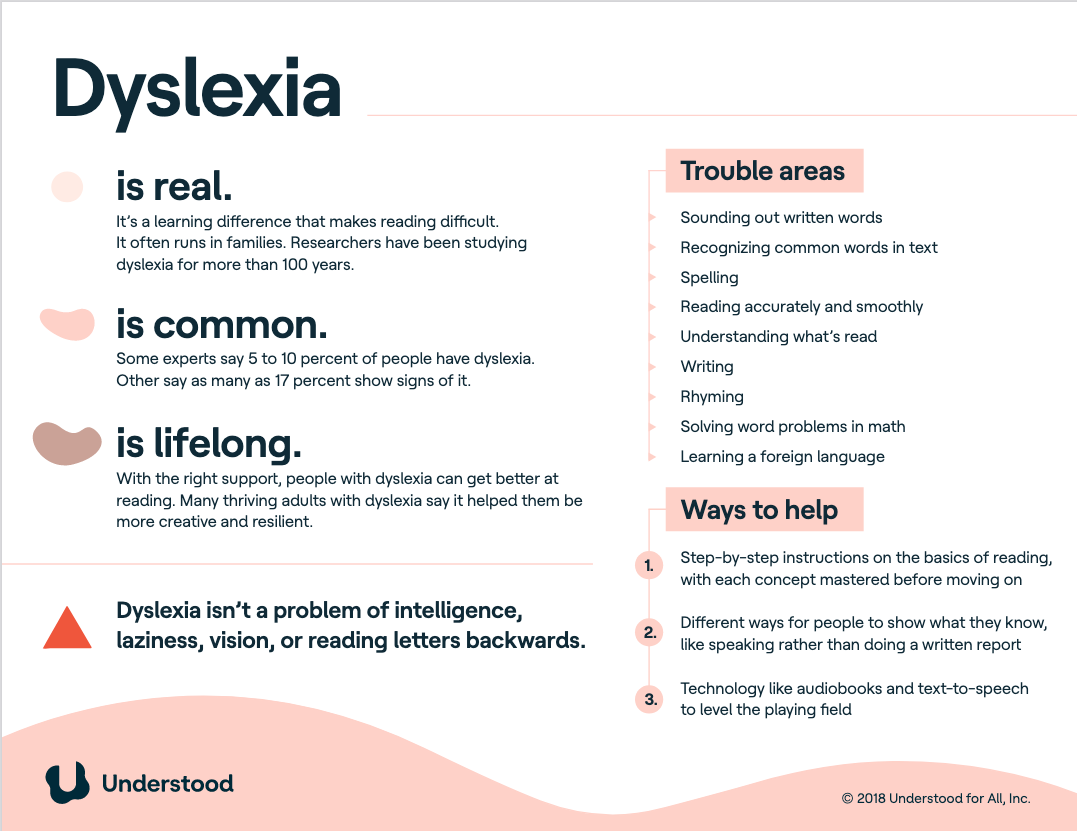
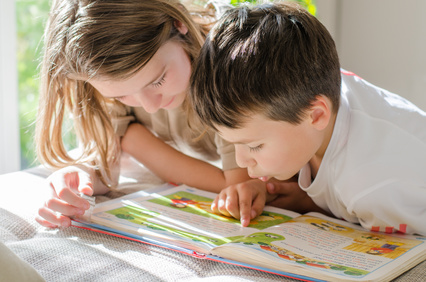
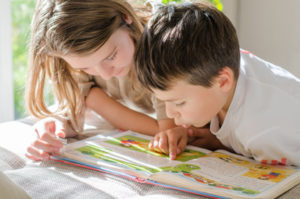 Top Picks
Top Picks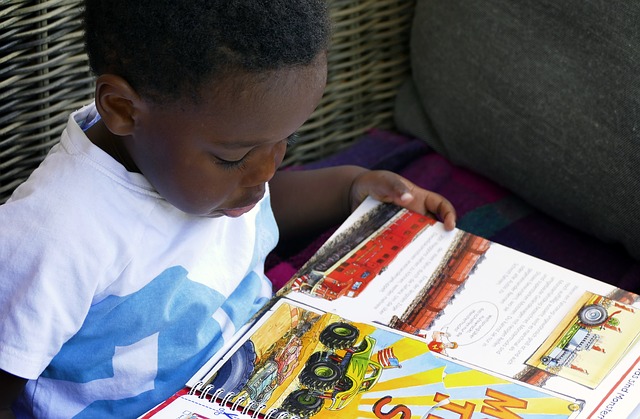
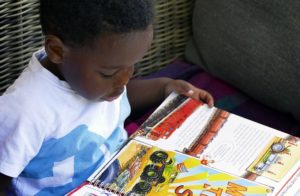 Learning begins in the womb. And, from the moment they are born, children begin interacting with the world around them and building critical skills. What they learn in their first few years of life—and how they learn it—can have long-lasting effects on their health and on their later success in school and in work.
Learning begins in the womb. And, from the moment they are born, children begin interacting with the world around them and building critical skills. What they learn in their first few years of life—and how they learn it—can have long-lasting effects on their health and on their later success in school and in work.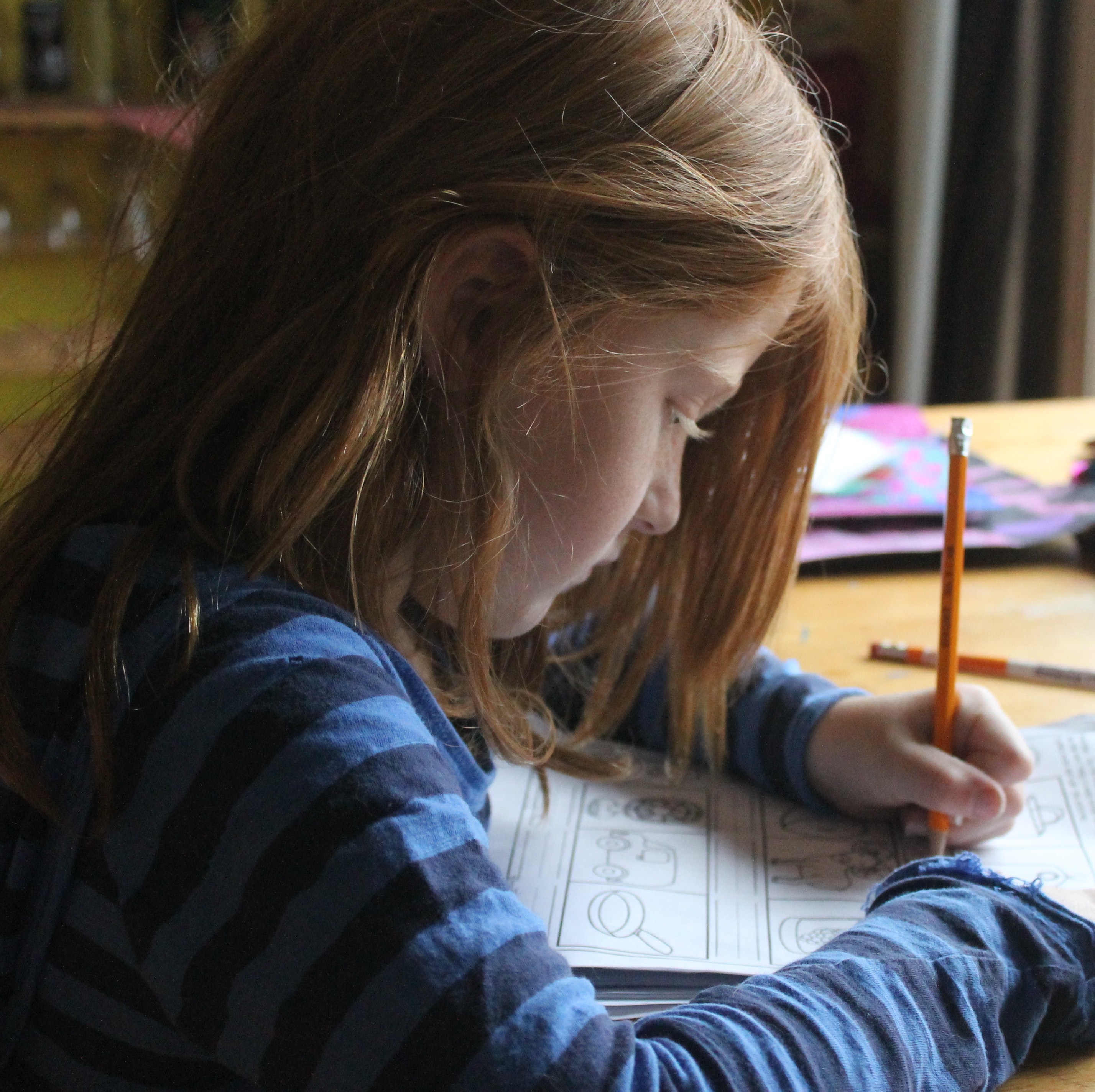
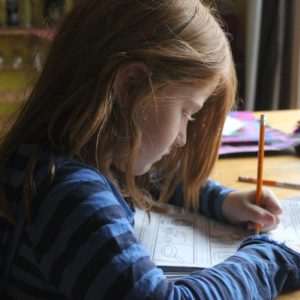 Dyslexia is a complex language problem. It involves not being able to break down a word into the sounds that make it up, as well as not being able to think or write about the sounds in a word. Research from the National Institutes of Health has shown that dyslexia affects 5–10 percent of the U.S. population, with estimates as high as 17 percent.
Dyslexia is a complex language problem. It involves not being able to break down a word into the sounds that make it up, as well as not being able to think or write about the sounds in a word. Research from the National Institutes of Health has shown that dyslexia affects 5–10 percent of the U.S. population, with estimates as high as 17 percent. 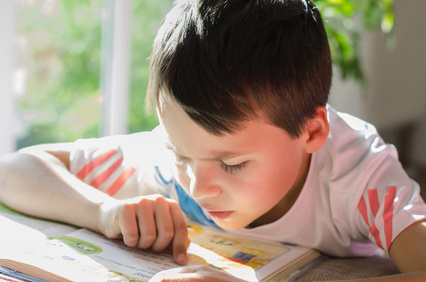
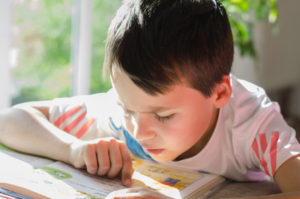 Dyslexia affects every instructional task a student will face in school. We are a language-based society with deeply rooted traditions that rely on reading and writing. One in five students has a language-based learning disability, the most common of those being dyslexia. Fortunately, there is a window of opportunity to tackle and remedy dyslexia at an early age.
Dyslexia affects every instructional task a student will face in school. We are a language-based society with deeply rooted traditions that rely on reading and writing. One in five students has a language-based learning disability, the most common of those being dyslexia. Fortunately, there is a window of opportunity to tackle and remedy dyslexia at an early age. 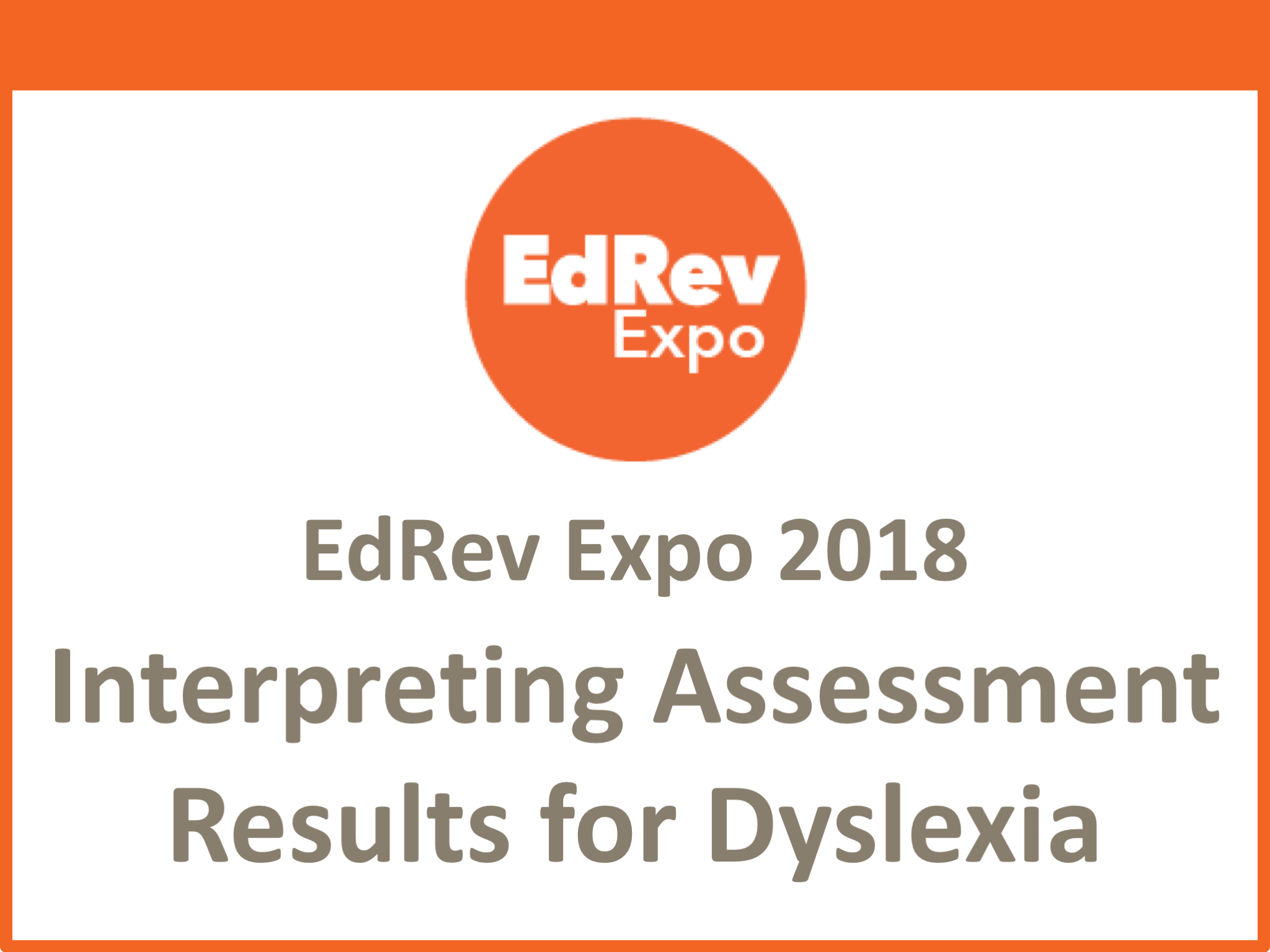
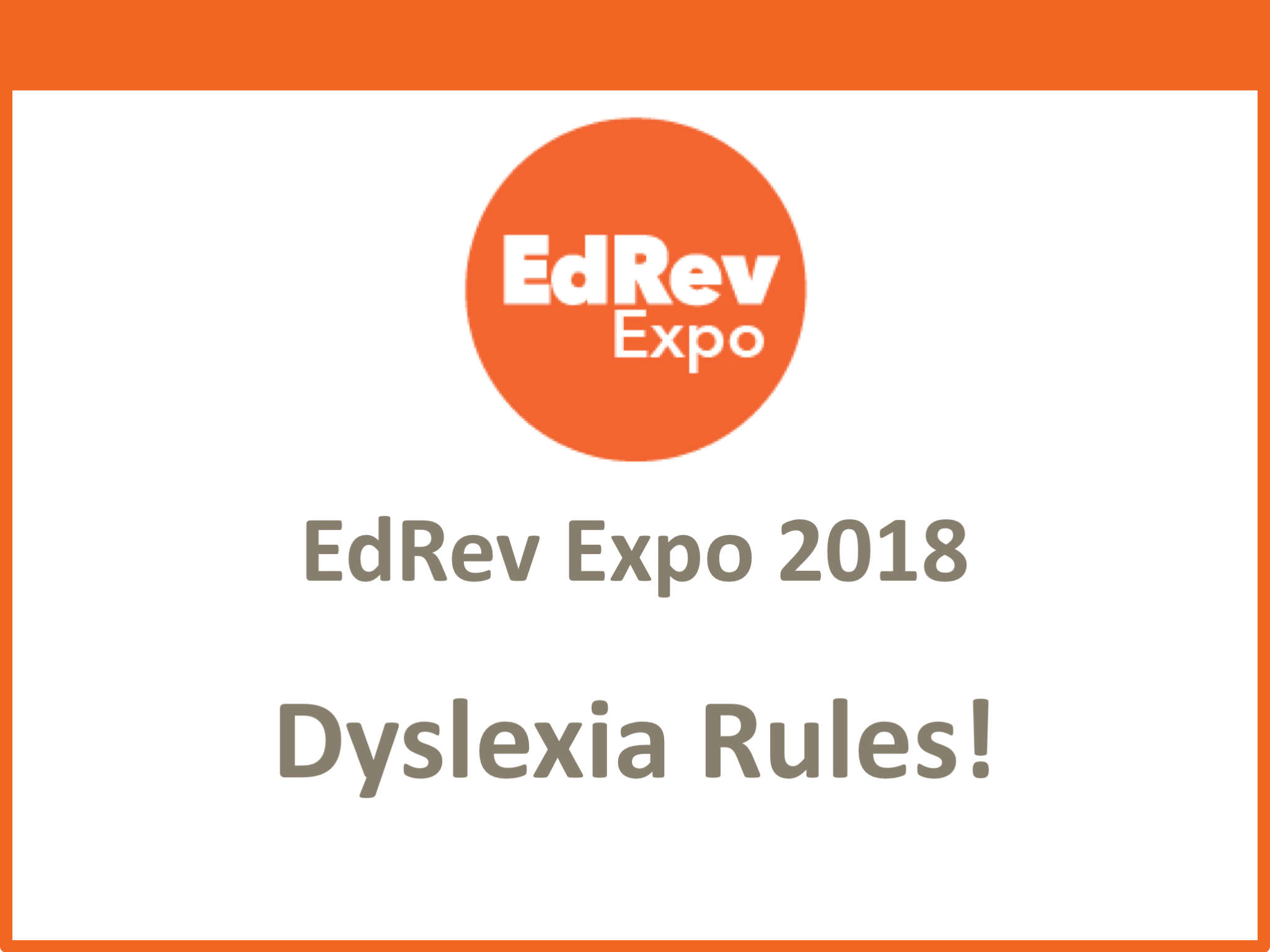
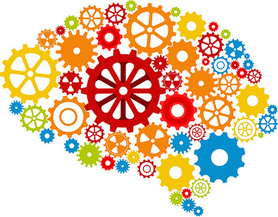
 For parents, childcare providers, and early educators, new research describes a simple and powerful way to build children’s brains: talk with them, early and often.
For parents, childcare providers, and early educators, new research describes a simple and powerful way to build children’s brains: talk with them, early and often. 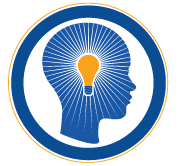 The
The 

